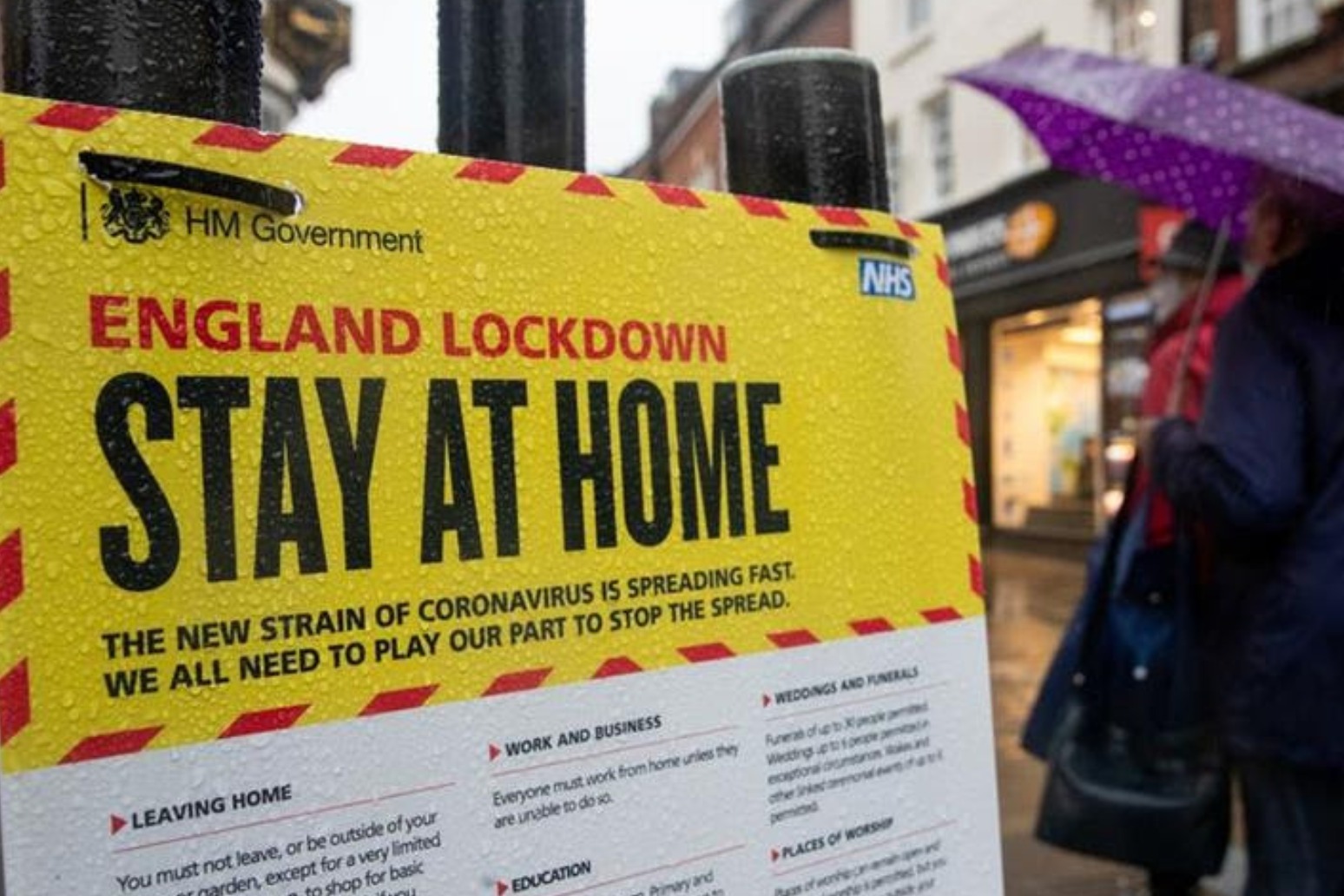
PM warns more lives will be lost as UK records deadliest day of pandemic
More people will lose their lives in the coronavirus outbreak, Boris Johnson has warned, after the UK saw its deadliest day in the pandemic. Official figures showed that January 12 saw the highest number of deaths take place on a single day – with 1,110 Covid-19 fatalities, surpassing the previous peak of 1,073 on April 8, 2020.
The Prime Minister described the figures as “appalling” and warned “there will be more to come”, saying we are seeing the result of the new variant that spread rapidly just before Christmas.
A record 1,820 further deaths within 28 days of testing positive for Covid-19 were reported as of Wednesday, although there is a time lag between a patient dying and appearing in the Government’s official statistics.
Drawing attention to the strain hospitals are under, chief scientific adviser Sir Patrick Vallance said there is “enormous pressure, and in some cases it looks like a war zone in terms of the things that people are having to deal with”.
The Royal College of Physicians (RCP) has said it is “extremely concerned” about the mental health of frontline doctors, after a poll found more than one in four medics have sought mental health support during the pandemic.
More than half of college members who took part in the survey said they were very concerned about the impact of rising Covid-19 admissions on their organisation’s capacity to deliver safe and effective care.
Echoing Mr Johnson’s words, Professor Paul Elliott, director of the React study at Imperial College London, warned if prevalence of the virus remains high “more and more lives will be lost”.
The latest research showed prevalence across England increased by 50% between early December and the second week of January, with one in 63 people infected up to January 15.
Prof Elliott said the data was showing “worrying suggestions of a recent uptick in infections”, and added “if prevalence continues at the high rate we are seeing then hospitals will continue to be put under immense pressure, and more and more lives will be lost”.
The PM said there are “tough weeks to come” as the vaccine rollout continues, adding that “the light will only really begin to dawn as we get those vaccinations out”.
Former prime minister Tony Blair has called for the current vaccination rate to be doubled to allow a speedier route out of lockdown.
New modelling from the Tony Blair Institute for Global Change (TBI) has suggested that a quicker rollout, delivering up to 600,000 jabs per day, would mean almost all Covid-19 restrictions could be lifted as early as mid-May.
Mr Blair said the ability to use test and trace had “collapsed” due to the new more transmissible variant, sending “cases rocketing again”.
He said: “So now the choice is: mass lockdown or mass vaccination.”
Across the UK, 4,609,740 people have so far received a first jab.
Based on the latest figures, an average of 399,625 first doses of vaccine would be needed each day in order to meet the Government’s target of 15 million of the highest priority patients receiving a jab by February 15 – on Tuesday the total was 343,163.
NHS England said a mosque in Birmingham and Odeon cinema in Aylesbury are among the latest sites to become vaccination centres as the rollout continues.
Nadim Zahawi, the minister in charge vaccine deployment, said: “Each week the NHS is making it easier for people to get a jab closer to home, in places at the heart of their community from the local pharmacy to the local mosque.”
In Northern Ireland, more than 100 medically trained technicians are set to be brought in to support health staff, as Health Minister Robin Swann warned the number of patients needing critical care is likely to increase further.
People in Wales have been told they should not expect a “significant easing” of coronavirus rules despite rates of the virus falling across the country.
Health minister Vaughan Gething said while the drop is “good news”, coming out of lockdown restrictions “too soon, too fast” could result in a rebound in cases.
Scotland’s First Minister Nicola Sturgeon said while case numbers appear to have stabilised and may be declining there, they “remain too high” and the NHS is under pressure that is “almost certain to increase”.
Published: by Radio NewsHub